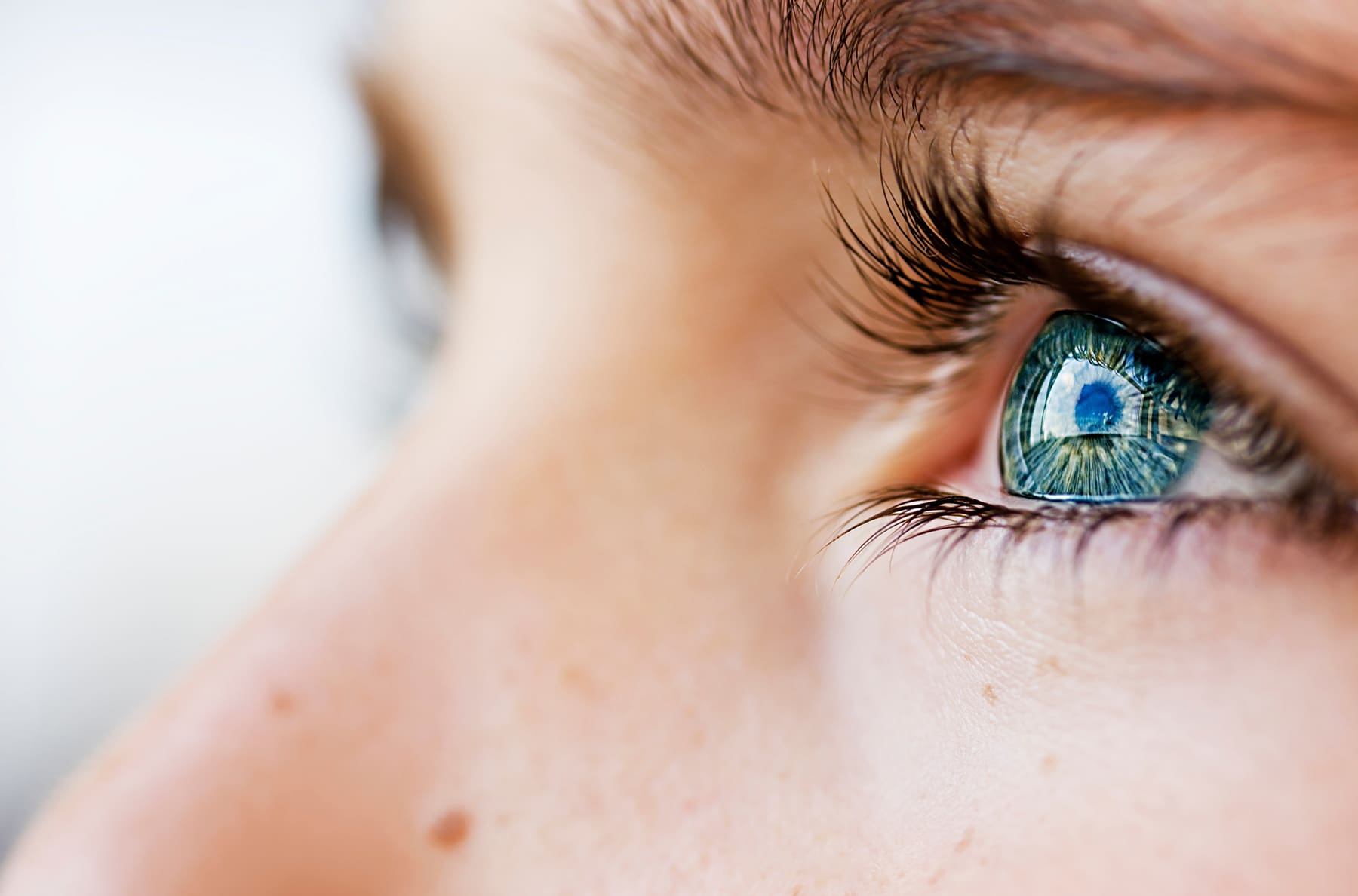Reviewed By Dr. Jodi Kuhn
Reading time: 3 minutes
You may have heard that removing your sunglasses and spending time in the sun can help increase your vitamin D levels. But is that really how it works? Not quite.
In this blog, we will clear up the confusion around sunlight, vitamin D, and your eyes. You will learn how your body actually produces vitamin D (hint: your skin does the work), why your eyes are not involved, and how to safely enjoy the sun without putting your vision at risk.
If you need affordable eye care, Youth Vision accepts Medicaid at every location.
Youth Vision provides comprehensive vision care for kids and adults at our locations in Denver, Aurora, Hampden and Thornton.
Table of Contents
Key Takeaway
Your body makes vitamin D through sunlight on your skin, not your eyes. While time outside is important, your eyes don’t absorb vitamin D and need protection from UV rays to stay healthy.
Does Sunlight Help Your Body Produce Vitamin D?
Yes, but not through your eyes. Your body begins vitamin D synthesis when ultraviolet B (UVB) rays from the sun hit your bare skin.
The skin converts a cholesterol-based compound into vitamin D3, which then gets processed by your liver and kidneys into its active form. This process supports calcium absorption, immune function, mood balance, and bone health.
But here is the key, your skin, not your eyes, handles the vitamin D production. Eyes do not take part in the production of vitamin D or the metabolism of vitamin D metabolites.
Why People Think Eyes Absorb Vitamin D
This confusion may come from the fact that exposure to sunlight is essential for health and that your eyes help regulate circadian rhythm and mood through light detection.
It is true your eyes detect light and signal your brain to manage sleep cycles and hormone levels. However, they do not play a role in the production of vitamin D, vitamin D metabolism, or absorption. There are no vitamin D-related pathways in the eye that convert or synthesize this essential nutrient.
So, if someone told you to skip sunglasses for a vitamin D boost, they are wrong. That habit could put your eye health at risk.
Sunlight and Your Eye Health
Sunlight brings both benefits and risks to your vision:
- Indirect sun exposure: Helps regulate melatonin production and may lower the risk of myopia in children.
- Direct UV exposure: Can lead to cataracts, photokeratitis, macular degeneration, and other serious issues.
UV radiation does not help your eyes make vitamin D, but it can damage endothelial cells in the eyes and other sensitive tissues. Wearing UV-protective sunglasses is vital for protecting vision.
How Sunglasses Protect Your Eyes
No, because your eyes do not contribute to vitamin D synthesis.
Vitamin D absorption depends on UVB exposure to bare skin, such as arms, legs, and the face. You need only brief, regular sunlight exposure to support adequate vitamin D levels. Avoiding sunglasses increases your risk of eye damage without any benefits of vitamin D.
If your vitamin D level is low, talk to your healthcare provider about:
- Safe sun exposure guidelines
- Natural sources of vitamin D like salmon, egg yolks, and orange juice
- Vitamin D supplementations (D3 is often preferred for higher bioavailability)
These strategies ensure your vitamin D intake supports full-body health without compromising eye health.
How Youth Vision Supports Your Eye Health
At Youth Vision, we protect more than your eyesight, we help you understand how to care for it. Whether you are a teen spending more time outdoors or a parent concerned about vision and vitamin D deficiency, our team provides:
- Comprehensive eye exams
- Prescription glasses and contacts
- UV-protective eyewear
- Vision screenings for kids and teens
- Medicaid-accepted care at all locations
Schedule an Eye Exam Today
Protect your vision while supporting your overall health. Visit Youth Vision at any of our locations:
Schedule a comprehensive eye exam today at any of our locations:
- Denver Youth Vision, located at 1400 Grove Street, Denver, CO 80204, 303-825-2295
- Aurora Youth Vision, located at 14251 E. 6th Avenue, Aurora, CO 80011, 303-343-3133
- Thornton Youth Vision, located at 9674 Washington Street, Thornton, CO 80229, 303-953-880
- Hampden Youth Vision, located at 7400 East Hampden Ave. Unit C1, Denver, CO 80231, 720-866-9906
FAQs
Which part of the body absorbs most vitamin D?
The skin is the primary source of vitamin D through UVB exposure. When exposed to sunlight, the skin initiates the synthesis of vitamin D, which is then processed by the liver and kidneys.
What is the most effective way to absorb vitamin D?
Regular sun exposure on bare skin is the most effective method. In addition, vitamin D supplements, fortified foods, and natural sources such as egg yolks and orange juice help maintain sufficient vitamin D levels.


